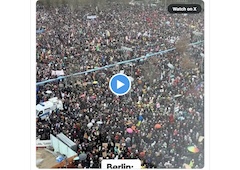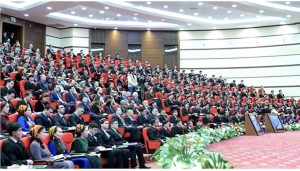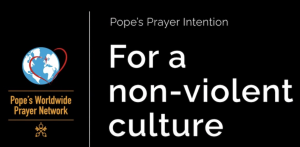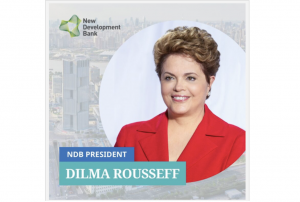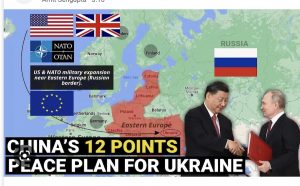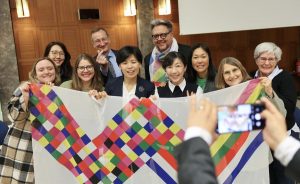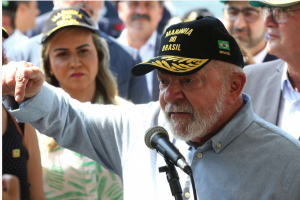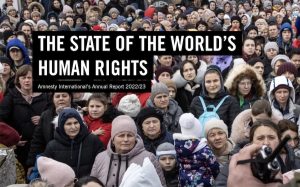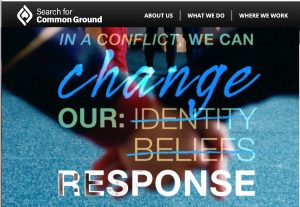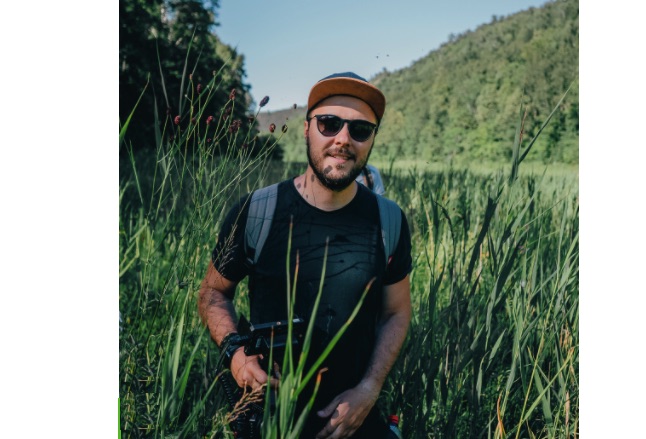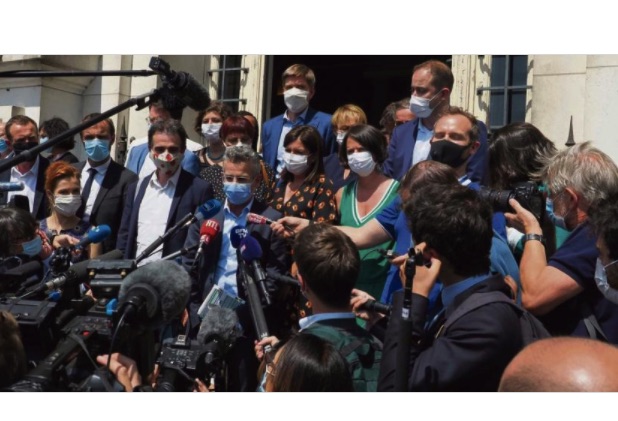The United Nations Summit for the Future, planned for September 2024, calls for a vision for the future. In their proposals submitted to the Summit some have proposed that it should re-commit the UN to the culture of peace.
In her proposal, Anne Creter says that “Culture of Peace is a comprehensive, UN established “blueprint” or “roadmap” of actions necessary at all levels of existence to manifest sustainable peace.” She sites in particular the Declaration and Programme of Action on a Culture of Peace A/RES/53/243 adopted by the General Assembly (GA) in 1999, saying that it “must be integrated into A Pact for the Future.”
In her proposal, Myrian Castello calls for “future characterized by sustainability, inclusivity, and a culture of peace.” She promotes specifically the Declaration for the transition to a culture of peace in the XXI Century.
In their proposal, the International Alliance of Women “recalls the banner in front of the NGO peace tent in Huairou during the 4th UN World Conference on Women 1995 reading “Change the Culture of War to a Culture of Peace”.
And in his proposal, Paul Malliet asks for a UN Council of Peace that could eventually make up for the impotence of the Security Council. He calls attention to the UN A/RES/52 -243. “Declaration and Programme for a culture of peace”; as an existing initiative that requires structure to be effective.
A vision of a transition to a global culture of peace through radical reform of the United Nations is provided in the utopian novella, I have seen the promised land.
The countries of the Global South plan to play a major role in the UN Summit. Concluding from their Summit that took place in January in Kampala they says that the more than 100 countries involved “hope to play an influential role in shifting the balance of the geopolitical landscape from conflict, confrontation and mistrust to diplomacy, dialogue, peace and understanding.”
Although the outcome document of the Summit of the Global South is devoted primarily to economic reform, it does make explicit reference to the culture of peace: “We reaffirm that there can be no sustainable development without peace and no peace without sustainable development. We stress the importance of building a culture of peace by strengthening multilateralism based on international law. . . ”
News of the Summit of the Global South was reported in English in at least 33 countries of the Global South, and probably many others in local languages. However, despite the participation of high-level representatives of more than 100 countries, the Secretary-General of the United Nations and the President of the UN General Assembly, the Summit received ABSOLUTELY NO mention by the major English-language news agencies of Europe and North America! As published in French in the journal L’Humanité , it was “un événement totalement passé sous silence dans les pays occidentaux.”
Among other visions, youth participants in the Luanda Biennale Pan-African Forum for the Culture of Peace say that “The spirit of the Biennale of Luanda inspires a new generation of young Africans that paved the way towards a peaceful and prosperous Africa.”
The culture of peace as a vision for the future is promoted in the recent book published in Norwegian by Ingeborg Breines: The Culture of Peace – Utopia or Alternative Security Policy? The author brings to the forefront a series of guiding documents, inspiring projects and publications such as the International Year for a Culture of Peace, the International Decade for a Culture of Peace and Non-violence for the Children of the World, the Manifesto 2000 on a Culture of Peace, the Seville Declaration on Violence, the Statement on Women’s Contribution to a Culture of peace, the Declaration on the Right to Peace and not least the Constitution of UNESCO.
Vince Two Eagles writes from the Sioux Indian Reservation of South Dakota that “In 1999, the General-Assembly adopted, by resolution 53/243, the Declaration and Programme of Action on a Culture of Peace, which serves as the universal mandate for the international community, particularly the United Nations system, to promote a culture of peace and non-violence that benefits all of humanity, including future generations.”
Readers are invited to sign declarations and manifestos for peace.
The most recent is the Manifesto for Peace Media in the XXI Century which includes among its demands to “Carry out a preventive, slow and contextualized journalistic work that contributes to the de-escalation of conflicts and prioritizes the prospects for peace, before, during, and after the outbreak of violence.” The Manifesto is open for signatures here.
A Declaration of Peace, conceived and promoted by the organization World Beyond War, has now been signed by people in 196 countries. It says “I understand that wars and militarism make us less safe rather than protect us, that they kill, injure and traumatize adults, children and infants, severely damage the natural environment, erode civil liberties, and drain our economies, siphoning resources from life-affirming activities. I commit to engage in and support nonviolent efforts to end all war and preparations for war and to create a sustainable and just peace.” The Declaration is open for signatures here.
And specific for a culture of peace, the Declaration for the Transition to a Culture Of Peace in the XXII Century describes strategies in two simultaneous routes: local and global. The local route is fundamentally pedagogical and is carried out mainly by organized civil society with the support of local governments. The global route involves the expansion of the UN General Assembly, along with the formation of an international security council of mayors that would issue regular press releases demonstrating that the culture of peace could be achieved if the United Nations were governed by “we the peoples.” The Declaration is open for signatures here.
As discussed in a blog this month, during times of radical change, a collective vision for a new social order, such as that for a culture of peace, could give shape to the future.
|
DISARMAMENT & SECURITY |
HUMAN RIGHTS |
SUSTAINABLE DEVELOPMENT |
FREE FLOW OF INFORMATION |
|
WOMEN’S EQUALITY |
EDUCATION FOR PEACE |
TOLERANCE & SOLIDARITY |
DEMOCRATIC PARTICIPATION |






